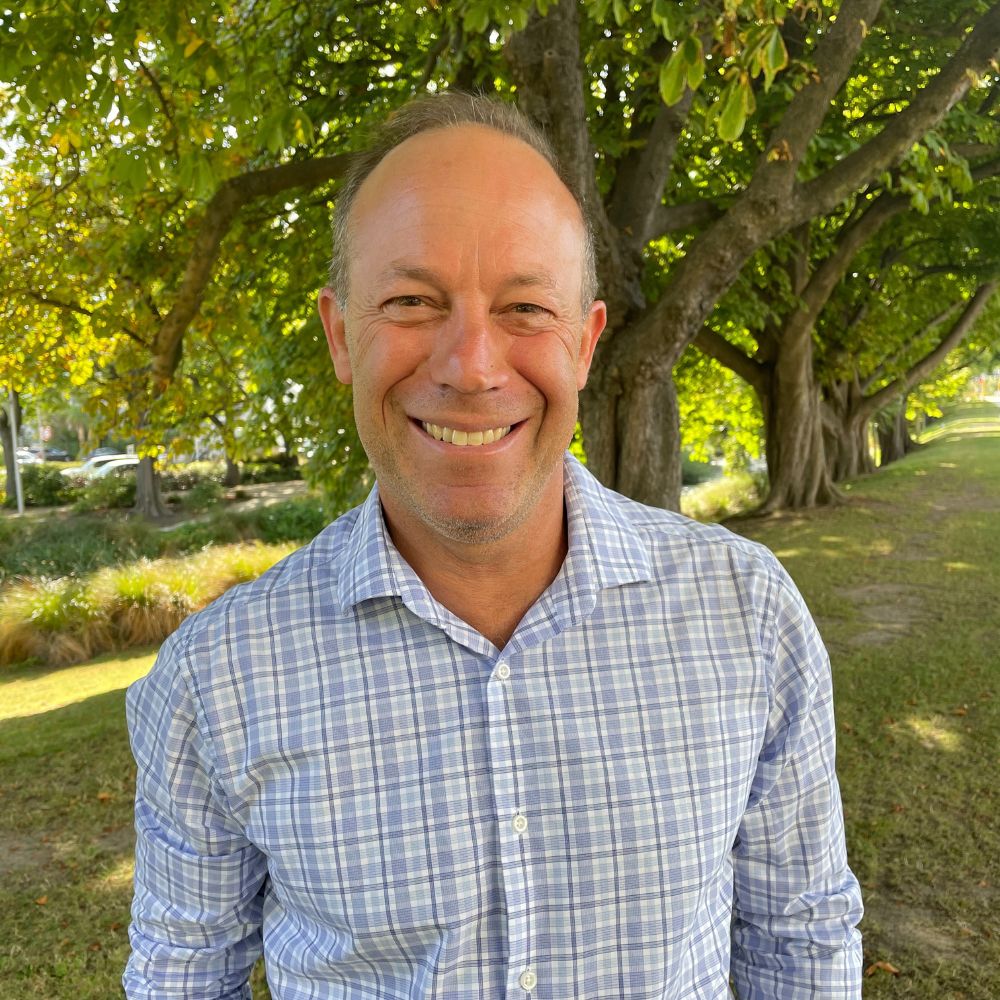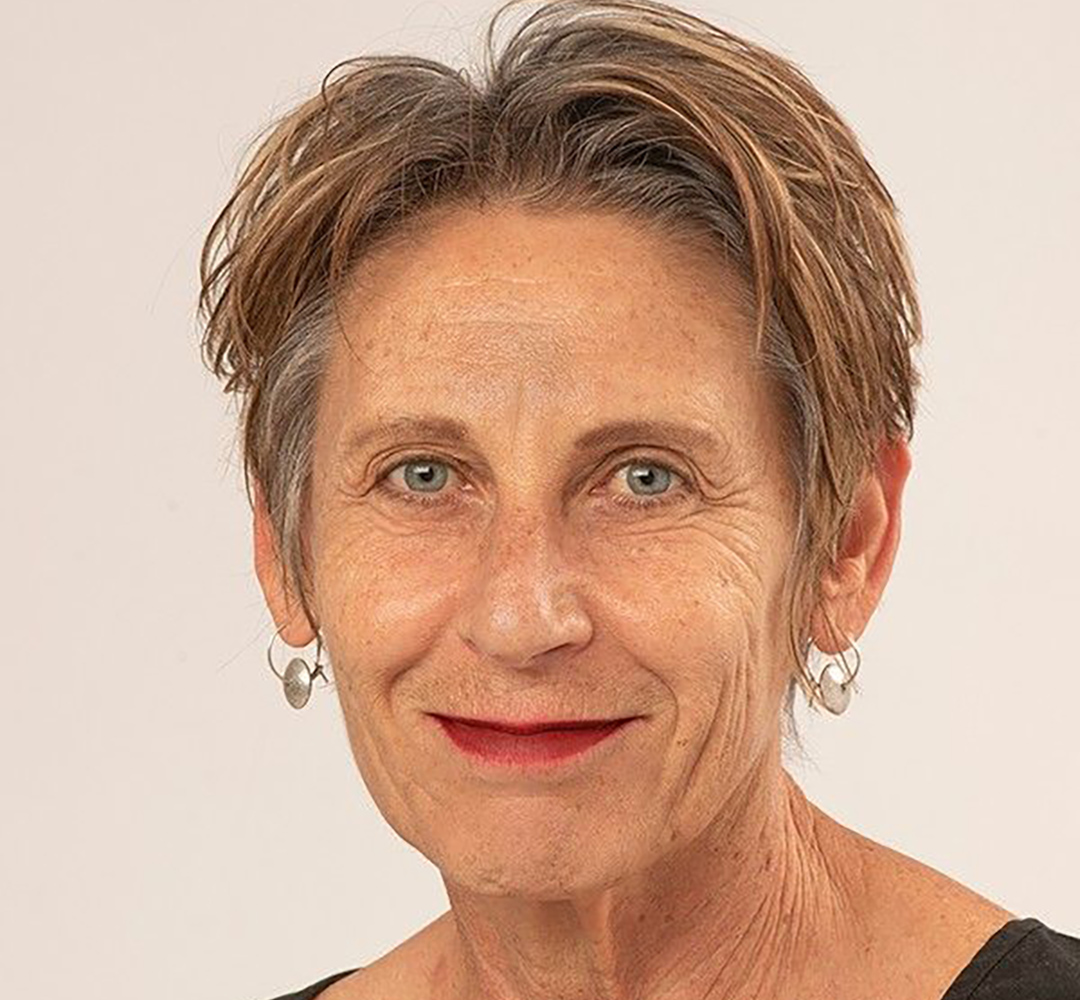Webinars
ASBDD 2024 Webinar Series
In 2024, ASBDD ran two online webinars which we have now made available for all members. Check them out below!
Webinar – Christopher Davey & Dr Ben Beaglehole
The evolving role of ketamine for mood and anxiety disorders
Date: 28th August 2024 – 5:30pm – 6:30pm AEST (7:30pm NZ) via Virtual Attendee Hub
Synopsis: Professor Christopher Davey will provide an update on the evidence of ketamine as a treatment for depression, and details on the establishment of his hospital program and how it is progressing.
Dr Ben Beaglehole will report data from randomised controlled studies evaluating ketamine for post-traumatic stress disorder and obsessive-compulsive disorder. These will demonstrate the broader therapeutic effects of ketamine and the impact of delivery route and dose on outcome. Dr Beaglehole will also describe a current study of oral ketamine and Behavioural Activation Therapy to demonstrate the potential benefits of oral ketamine and psychotherapy.
Learning objectives
- To form a greater understanding of the role of ketamine in mood and anxiety disorders.
 Biographic Information:
Biographic Information:
Chris Davey is Cato Chair and the Head of the Department of Psychiatry at the University of Melbourne, and a psychiatrist at the Royal Melbourne Hospital. Chris’s main clinical and research interest is in the management of severe mood disorders. He has taken a recent interest in the use of ketamine for depression, and is leading two competitively-funded studies that are examining ketamine for depression in youth and in bipolar disorder. He is also leading a hospital program that provides intravenous ketamine infusions for patients with severe difficult-to-treat depression.

Biographic Information:
Dr Ben Beaglehole is the clinical lead of the Anxiety Disorders Service and senior lecturer at the University of Otago, Christchurch. Dr Beaglehole’s research interests include the use of ketamine for mood and anxiety disorders. Completed studies include randomised controlled trials evaluating ketamine for treatment-resistant post-traumatic stress disorder and obsessive-compulsive disorder. His current study evaluates oral ketamine and Behavioural Activation Therapy for major depression.
Webinar – Piyumi Kahawage & Marie Inder
Circadian rhythms, mood disorder, and social rhythm therapy
Date: 13th November 2024 – 5:00pm – 6:00pm AEST (7:00pm NZ) via Virtual Attendee Hub
Synopsis: In mammals including humans, the coordination of a range of processes from gene expression to behaviour is affected by the interaction of endogenous 24-hour circadian rhythms with environmental time cues such as light, activity, and eating. This reflects a fundamental feature of the circadian system—its open nature. Importantly, the open nature of the circadian system has implications for both the development of, and treatment for mental health problems, particularly mood disorders. Specifically, it has been proposed that Zeitgebers and Zeistorers can cause mood problems by inducing circadian disturbance and the circadian system can potentially be manipulated for antidepressant effect by behaviour directly or via behaviour’s impact on light and other Zeitgebers.
Clinical spotlight: Social Rhythm Therapy (SRT) is based on the Social Zeitgeber hypothesis of mood disorders which posits that irregular social rhythms (i.e., daily routines) increase the likelihood of mood episodes in vulnerable individuals (e.g., those with mood disorders), with stressful life events disrupting the timing of which key daily behaviours occur. Accordingly, SRT focusses on the stabilisation of social rhythms that are proposed to modulate circadian rhythms and manage the negative impact of Zeistorers.
Learning objectives:
- To understand how the open nature of the circadian system has implications for both the development and treatment of mood disorders
- To understand the basis of SRT and its application
 Biographic Information:
Biographic Information:
Piyumi Kahawage is a psychologist and PhD Candidate. She recently completed her dual degree in a Master of Clinical Psychology and a Doctor of Philosophy from Swinburne University of Technology, Melbourne. Piyumi has had a long-standing interest in the role of chronobiology and mental health, specifically, the interface between chronobiology and clinical psychology. Her PhD research aimed to advance research into chronobiological interventions for mood problems in mental health. Piyumi is a strong advocate for evidence-based practice and is dedicated to translating insights from research into clinical practice.

Biographic Information:
Maree Inder is a Senior Research Fellow at the Dept of Psychological Medicine, University of Otago, Christchurch. Maree has 20 years of experience in the development and implementation of clinical trials using chronotherapeutic interventions, Interpersonal and Social Rhythm therapy (IPSRT) and its derivative SRT, for people with bipolar disorder and recurrent depression. She is a member of the International Society of Bipolar Disorders Taskforce on Chronotherapy and Chronobiology and IPSRT Special Interest Group of the International Society of Interpersonal Psychotherapy. She has a strong interest in the translational potential of SRT from a research context into routine clinical care, improving access to effective therapies, enhancing recovery and quality of life for those with severe mood disorders.